Premium Only Content
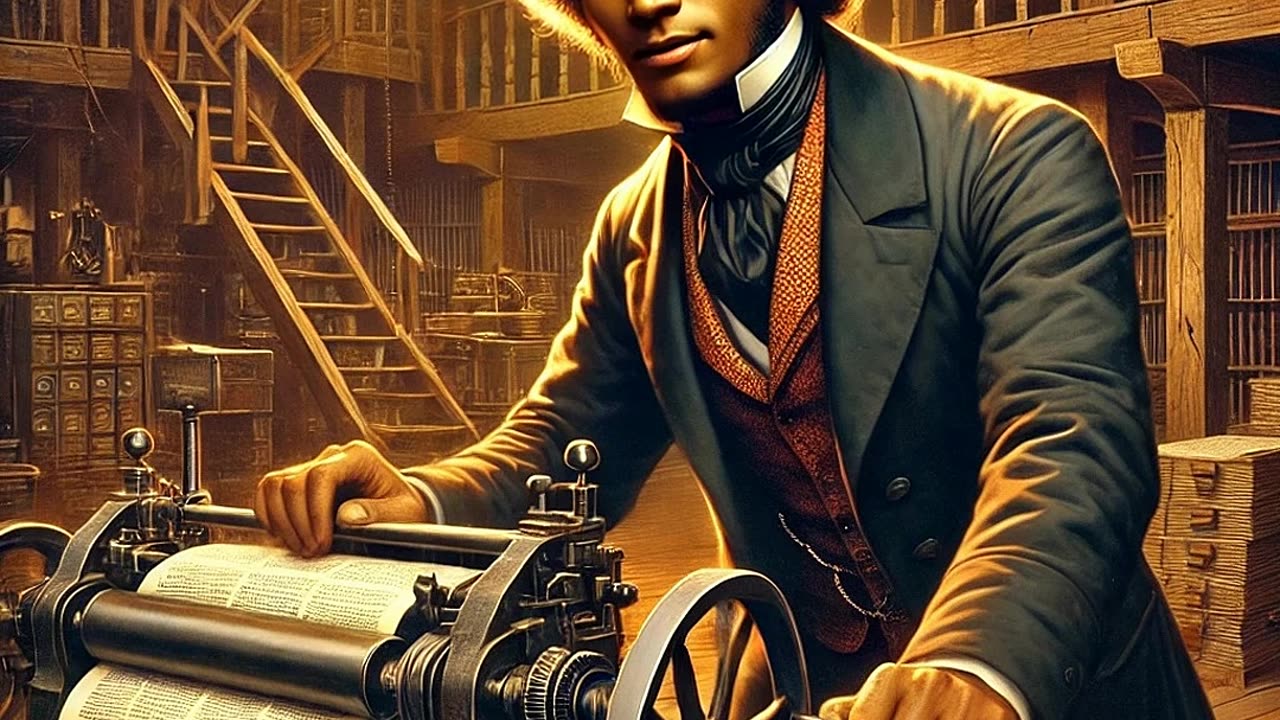
Fredrick Douglass Tells His Story as a Slave Who Escaped and Came Back a Free Man
Presented to you by: http://www.HistoricalConquest.com
Read more on our blog at: https://www.historicalconquest.com/blog
My name is Frederick Douglass, and my life has been a journey from bondage to freedom, from silence to a voice that demanded justice. I was born in February 1818, in Talbot County, Maryland, though I never knew the exact date. I was born into slavery, torn away from my family and denied the most basic rights. My mother, Harriet Bailey, was a beacon of strength in my life, but I barely knew her as I was sent away to live with another family as a child. I never even knew my father, though I suspected he was a white man, possibly even my enslaver.
From a young age, I felt the weight of injustice, but I also discovered the power of knowledge. When I was around eight years old, I was sent to Baltimore to serve the Auld family. It was there that Sophia Auld, the wife of my enslaver, began teaching me to read. Though her husband forbade it, saying education would "spoil" a slave, her initial lessons lit a fire in me. I realized that literacy was a path to freedom. Secretly, I continued teaching myself to read and write, using any scraps of knowledge I could find, even trading bread with white boys in the streets for lessons.
As I grew older, my desire for freedom became unstoppable. I experienced the brutality of slavery firsthand, particularly under a man named Edward Covey, who was known as a "slave breaker." He beat me mercilessly, but one day, I fought back. That moment was a turning point—I realized that I could stand up for myself, that I had the right to resist. From then on, my spirit was never broken.
In 1838, I escaped to freedom, disguising myself as a sailor and boarding a train to the North. I arrived in New York City and later settled in New Bedford, Massachusetts, with my wife, Anna Murray, who was also instrumental in my escape. It was there that I began my life as a free man and an abolitionist. I started speaking out against slavery, sharing my story at abolitionist meetings. My words seemed to strike a chord with people, and soon, I became a leading voice in the movement.
In 1845, I published my autobiography, Narrative of the Life of Frederick Douglass, an American Slave. It was my way of exposing the horrors of slavery to the world. Some doubted that a former slave could write so eloquently, but I used my story to challenge those prejudices. I traveled to Europe to avoid capture after my book made me famous, and while there, supporters raised money to purchase my freedom. When I returned to America, I continued the fight, working alongside great abolitionists like William Lloyd Garrison and Harriet Tubman.
During the Civil War, I met with President Abraham Lincoln, urging him to allow Black men to enlist in the Union Army. I believed that fighting for the country that enslaved us was a step toward proving our right to full citizenship. After the war, I dedicated my life to advocating for equality—not just for African Americans but for women as well. I believed in justice for all, regardless of race or gender.
My life was not easy, but it was purposeful. I fought for a world where no one would be judged by the color of their skin, where freedom and dignity belonged to everyone. My story is proof that even in the face of unimaginable adversity, we can rise, we can speak out, and we can change the world. Remember, knowledge is power, and freedom begins with the courage to demand it.
Visit us at: https://www.historicalconquest.com/marketplace
#historicalconquest #history #historical #RevolutionaryWar #AmericanRevolution #AfricanAmerican #BlackAmerican #Freedom #Slavery #Liberty #Independence #Justice #Freedom #colonialera #colonialamerica #constitution #usconstitution #unitedstates #unitedstatesofamerica
-
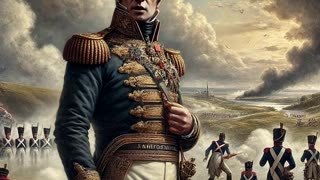 0:59
0:59
The Historical Conquest Channel
4 days agoWilliam Hull Tells His Story Serving in the American Revolution and War of 1812 and Being Sentences
161 -
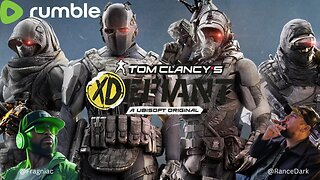 6:46:07
6:46:07
Rance's Gaming Corner
14 hours agoTime for some RUMBLE FPS!! Get in here.. w/Fragniac
143K1 -
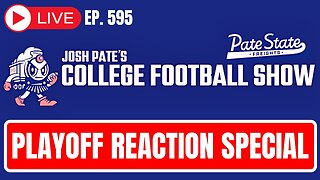 1:30:48
1:30:48
Josh Pate's College Football Show
13 hours ago $7.58 earnedCFP Reaction Special | Early Quarterfinal Thoughts | Transfer Portal Intel | Fixing The Playoff
65.7K -
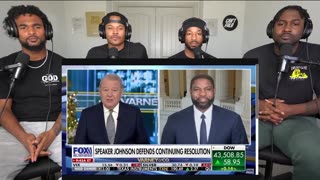 23:55
23:55
CartierFamily
3 days agoElon & Vivek TRIGGER Congress as DOGE SHUTS DOWN Government
125K152 -
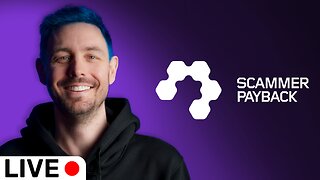 5:43:44
5:43:44
Scammer Payback
2 days agoCalling Scammers Live
206K27 -
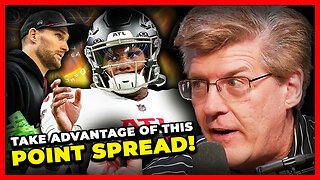 18:38
18:38
VSiNLive
2 days agoProfessional Gambler Steve Fezzik LOVES this UNDERVALUED Point Spread!
150K19 -
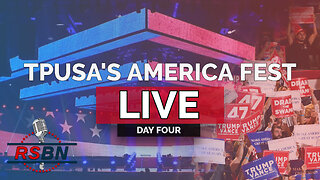 LIVE
LIVE
Right Side Broadcasting Network
10 days agoLIVE REPLAY: President Donald J. Trump Keynotes TPUSA’s AmFest 2024 Conference - 12/22/24
2,452 watching -
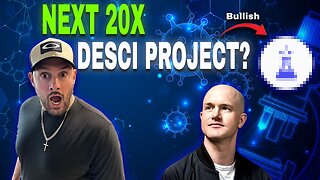 4:31
4:31
CoachTY
1 day ago $28.61 earnedCOINBASE AND DESCI !!!!
190K13 -
 10:02
10:02
MichaelBisping
1 day agoBISPING: "Was FURY ROBBED?!" | Oleksandr Usyk vs Tyson Fury 2 INSTANT REACTION
110K14 -
 8:08
8:08
Guns & Gadgets 2nd Amendment News
2 days ago16 States Join Forces To Sue Firearm Manufacturers Out of Business - 1st Target = GLOCK
130K93